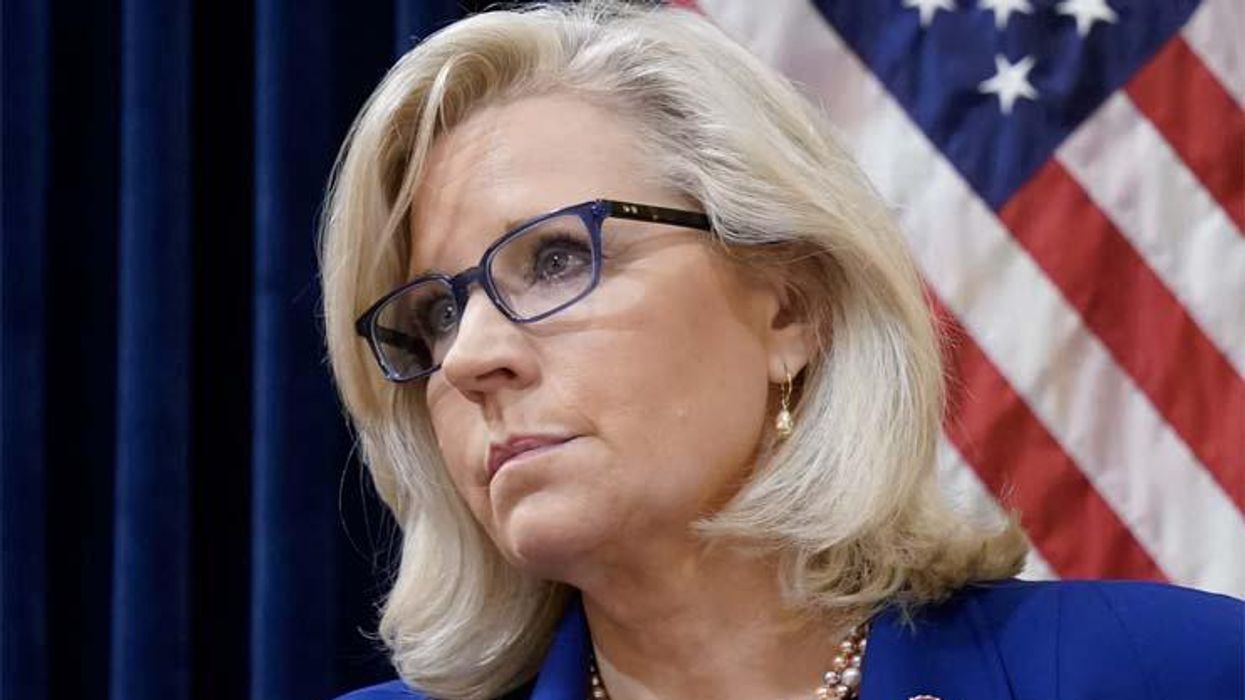'Law is stacked against': Expert warns Liz Cheney Trump can still destroy her in court

Donald Trump has threatened vengeance against his political enemies — and a legal expert warned Monday that his targets have few protections against vindictive prosecutions.
The president has threatened more than 100 times to investigate, prosecute, try before military tribunals and even execute his perceived enemies. University of Baltimore law professor Kimberly Wehle published a column for Politico Magazine describing how those cases would play out.
"Unfortunately for those on Trump’s bad side, the law is pretty much stacked against them," Wehle wrote. "That’s because not only is there no meaningful legal mechanism for a target to push back against vindictive or baseless investigations, the law on vengeful prosecutions has little teeth. Both were built on the presumption that prosecutors, with rare exceptions, act in good faith."
"Trump’s threats have turned that presumption on its head," she added.
Joe Biden issued preemptive pardons to some of Trump's presumed targets, including former congresswoman Liz Cheney, but Wehle argued "the law is stacked against anyone who comes into Trump’s legal crosshairs."
"The pardon would not shield Cheney from subpoenas and other unpleasantries arising from an investigation," Wehle wrote. "If slapped with a subpoena for testimony or documents, Cheney would have to employ counsel to seek a court order protecting her from having to respond.
"The Supreme Court has never ruled on whether a pardon can quash a subpoena. Preemptive pardons that anticipate future investigations — like those Biden gave the Jan. 6 committee members, Dr. Anthony Fauci, Gen. Mark Milley and five Biden family members — are largely unprecedented, with the prominent exception of President Gerald Ford’s pardon of Richard Nixon for his involvement in Watergate."
Cheney's acceptance of a pardon would also make it hard for her to refuse to testify because she could no longer cite a Fifth Amendment right to avoid self-incrimination on topics covered by the pardon. Trump could also initiate criminal investigations into matters not covered by the pardon, such as her tax history or banking transactions.
"If Trump carries through by prosecuting Cheney for something unrelated to the Jan. 6 committee, the current state of the law offers two routes for her to claim selective, malicious or vindictive prosecution: mounting a defense to a criminal prosecution or filing a separate civil lawsuit," Wehle wrote. "Neither is easy."
ALSO READ: 'Gotta be kidding': Jim Jordan scrambles as he's confronted over Musk 'double standard'
Targets could attempt a selective prosecution defense, but Wehle said that also faces significant hurdles.
"Cheney could try and argue that Trump’s public statements attacking her irreparably damaged her right to due process by undermining the presumption of innocence and unfairly prejudicing jurors against her," Wehle wrote. "The scope and precision of Trump’s vitriol is unprecedented, particularly for a person now at the apex of the federal criminal justice system. For this very reason, DOJ guidelines frown on prosecutors commenting on pending cases."
But as long as the Trump's Department of Justice can provide a shred of evidence, no matter how flimsy, to suggest Cheney might have committed a crime, it might not matter that her prosecution was motivated by revenge – and the situation is so unprecedented that there's no case law to guide the courts.
"So far, however, there are no published cases involving similar facts — because no prior president overtly promised to use the Justice Department as an arm of personal vengeance, let alone secured the White House in an election touting that conviction," Wehle wrote. "Any court considering a case alleging that Trump’s rhetoric triggered a vindictive prosecution defense would be addressing a number of legal issues for the first time."